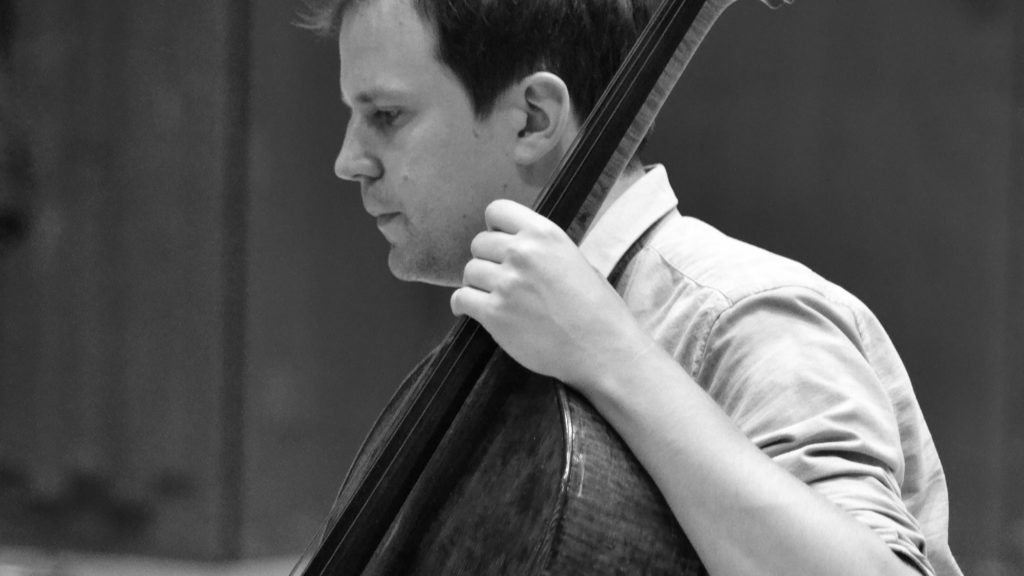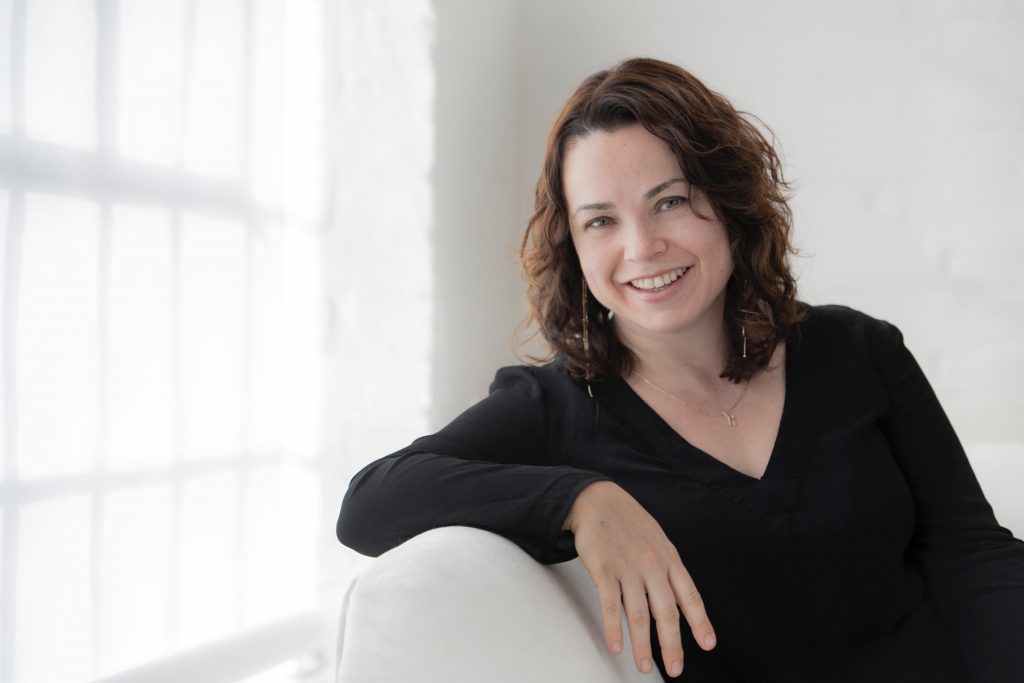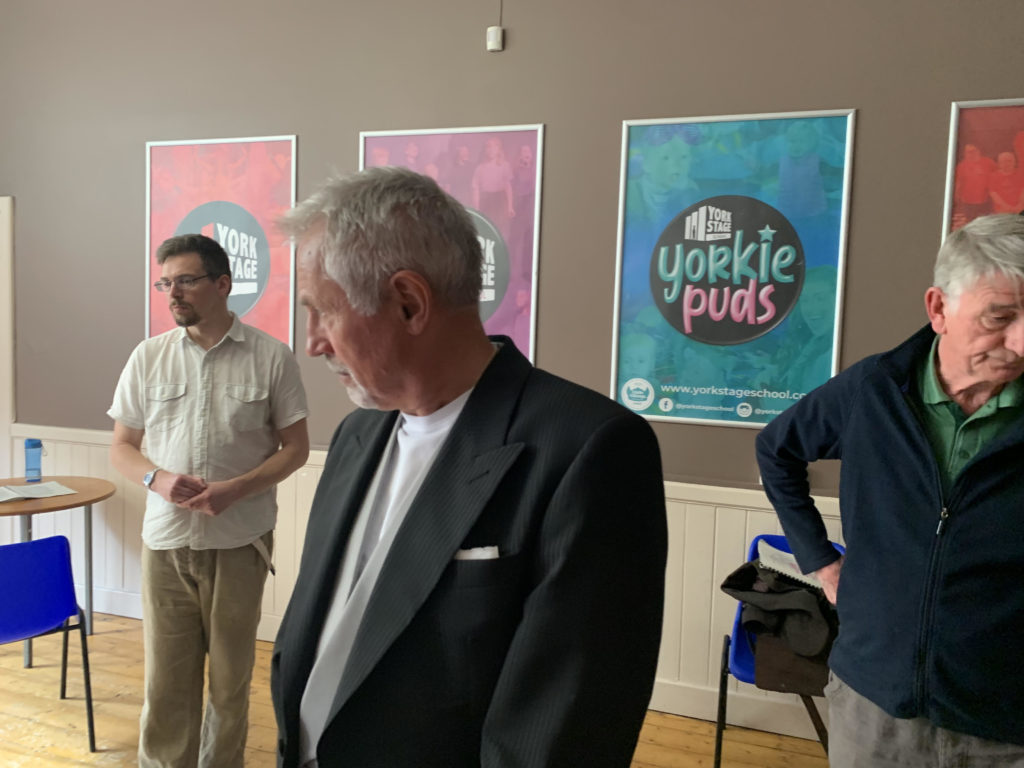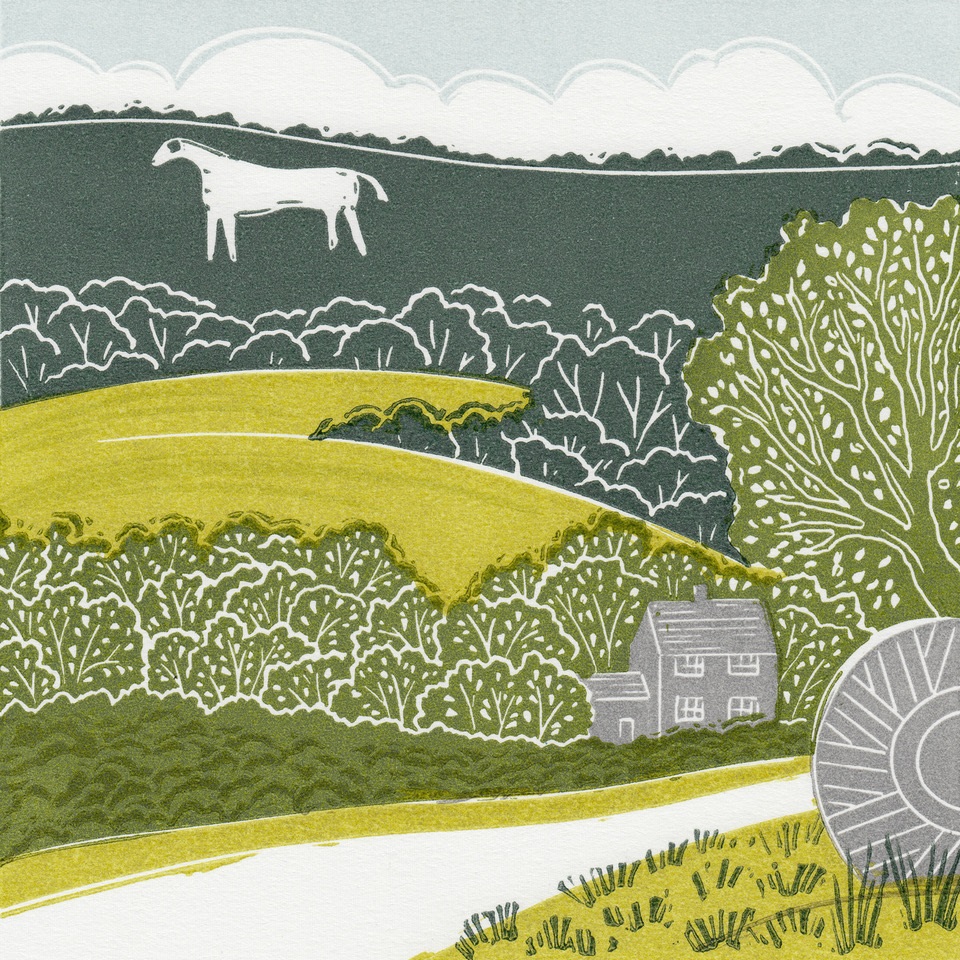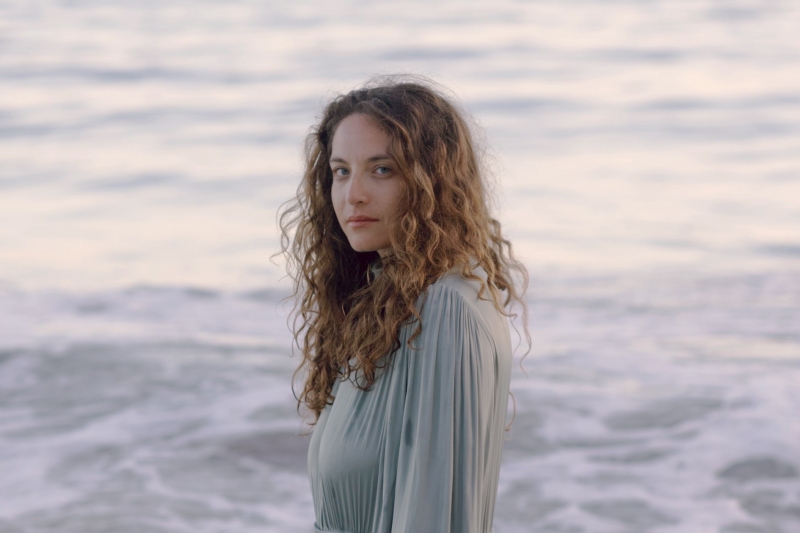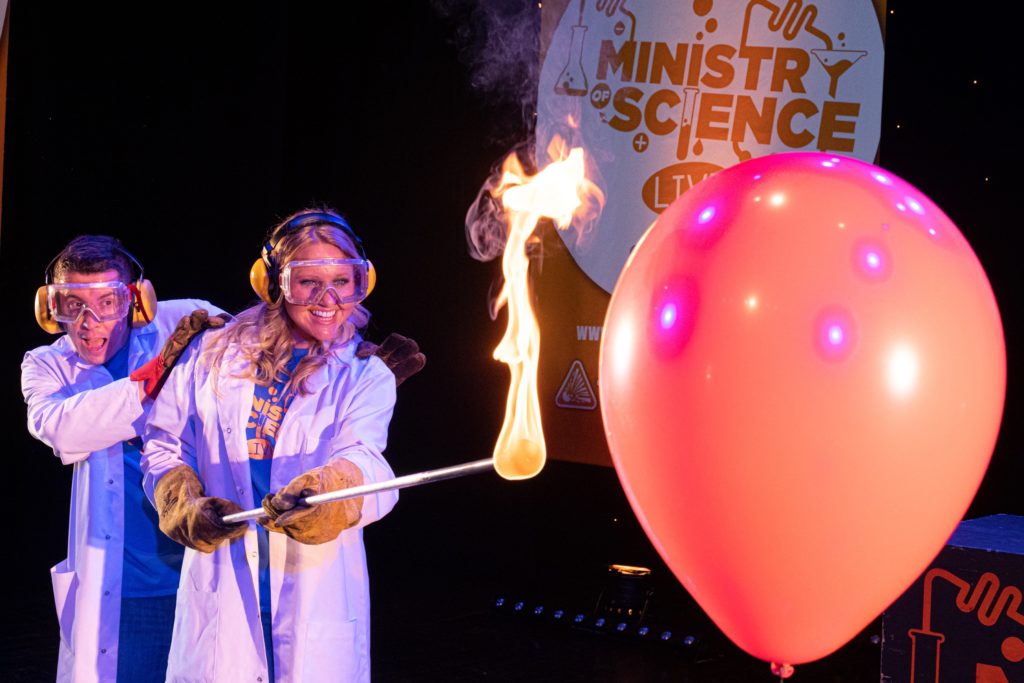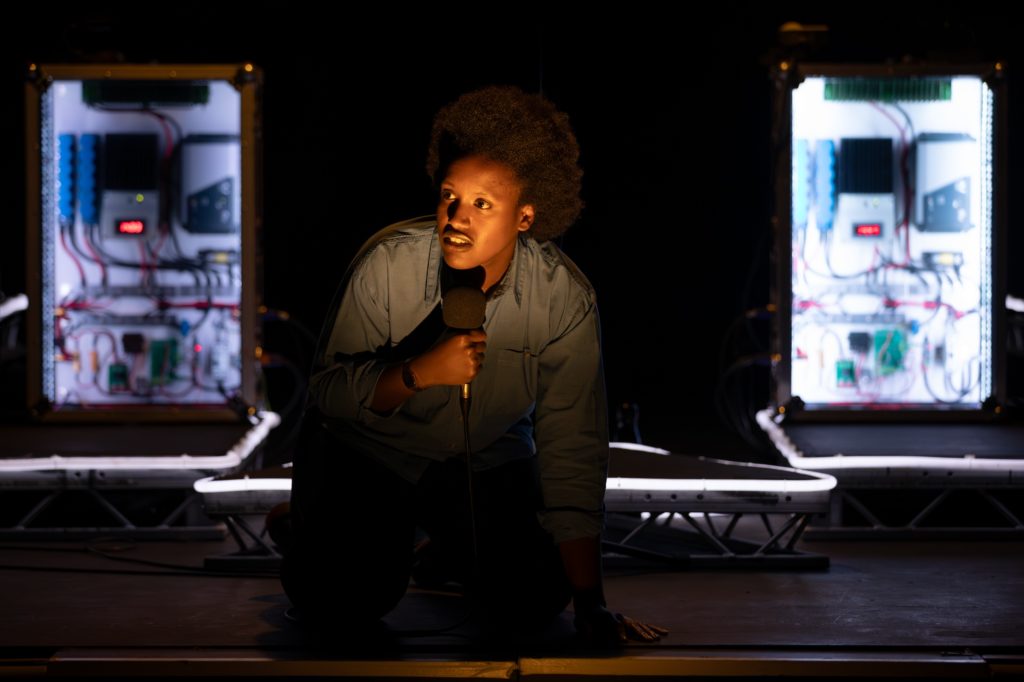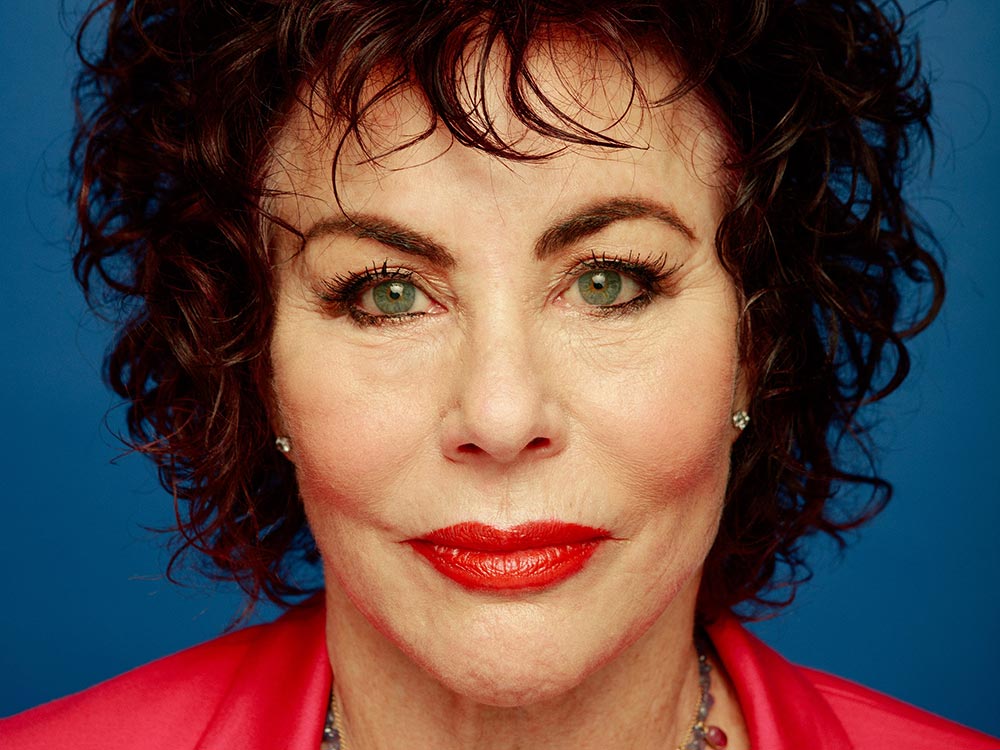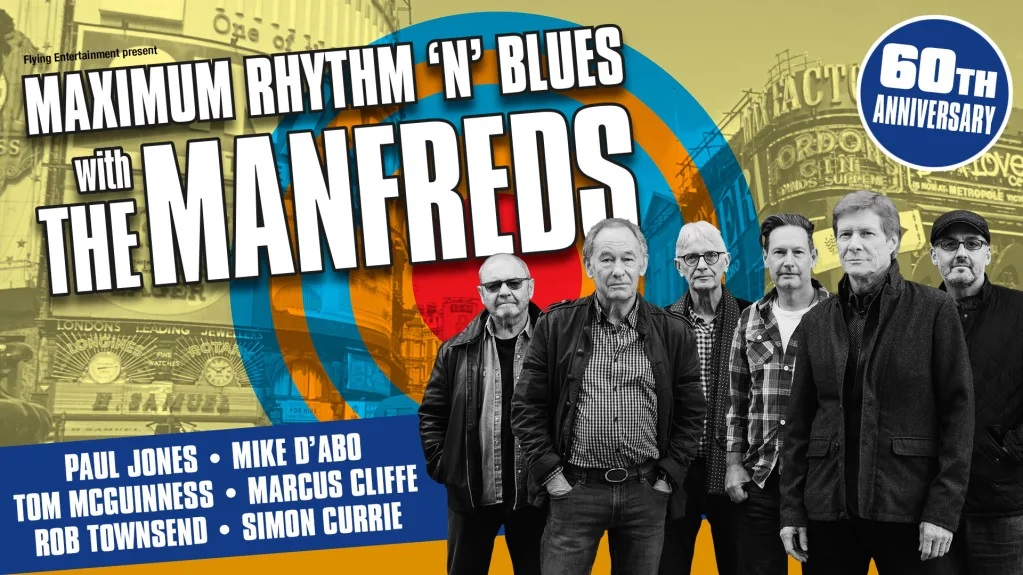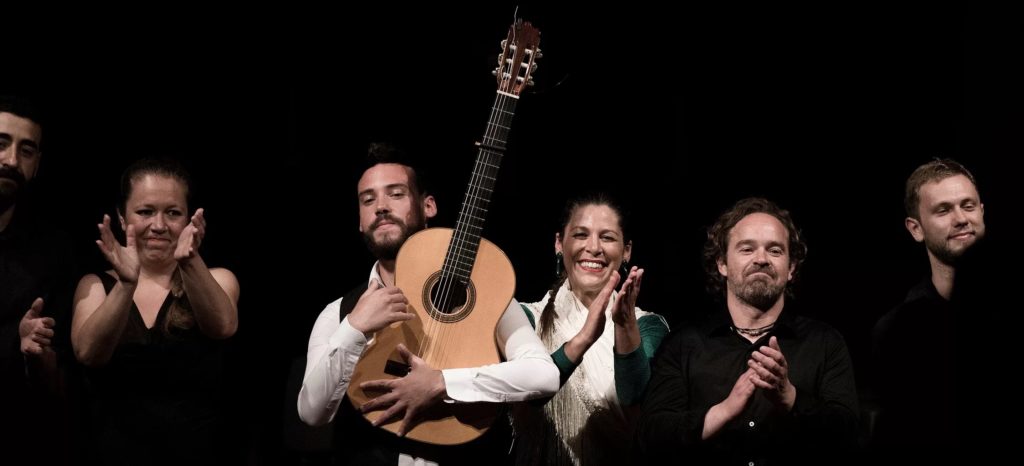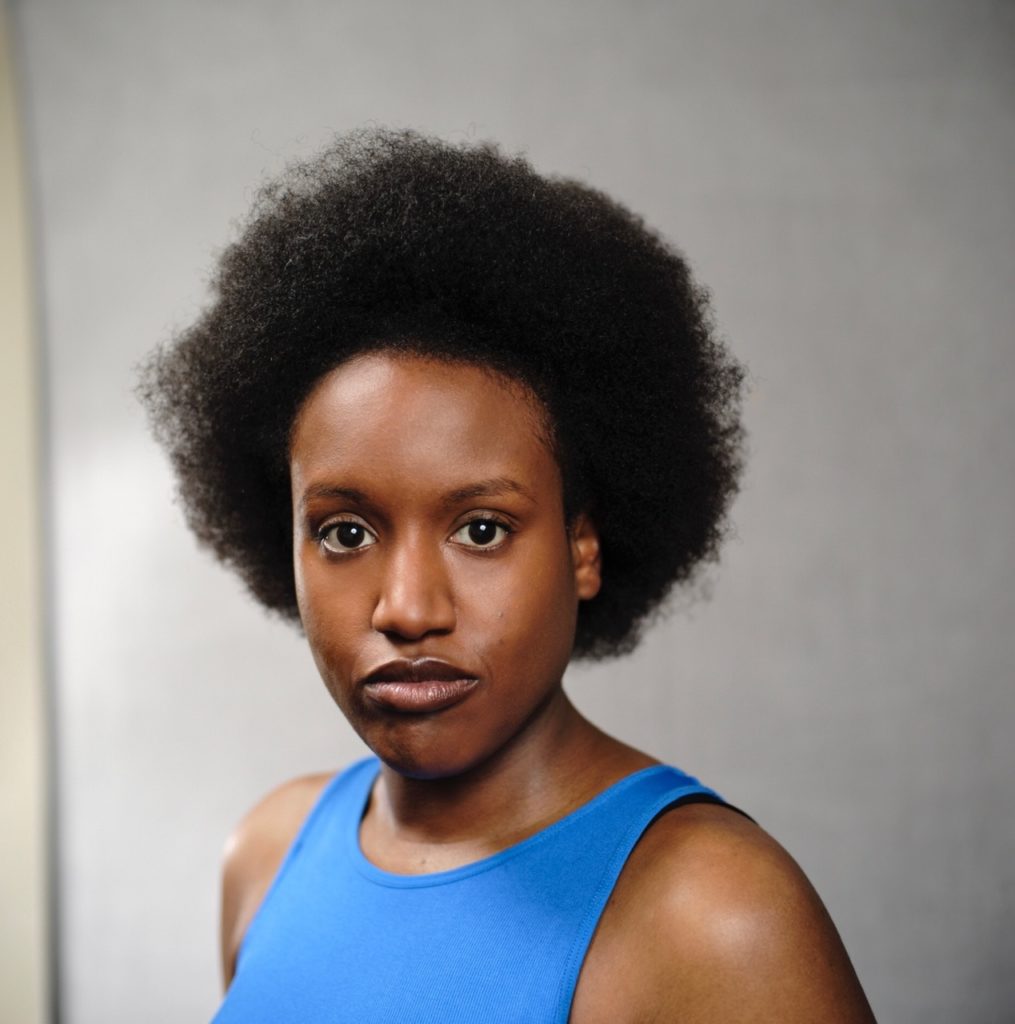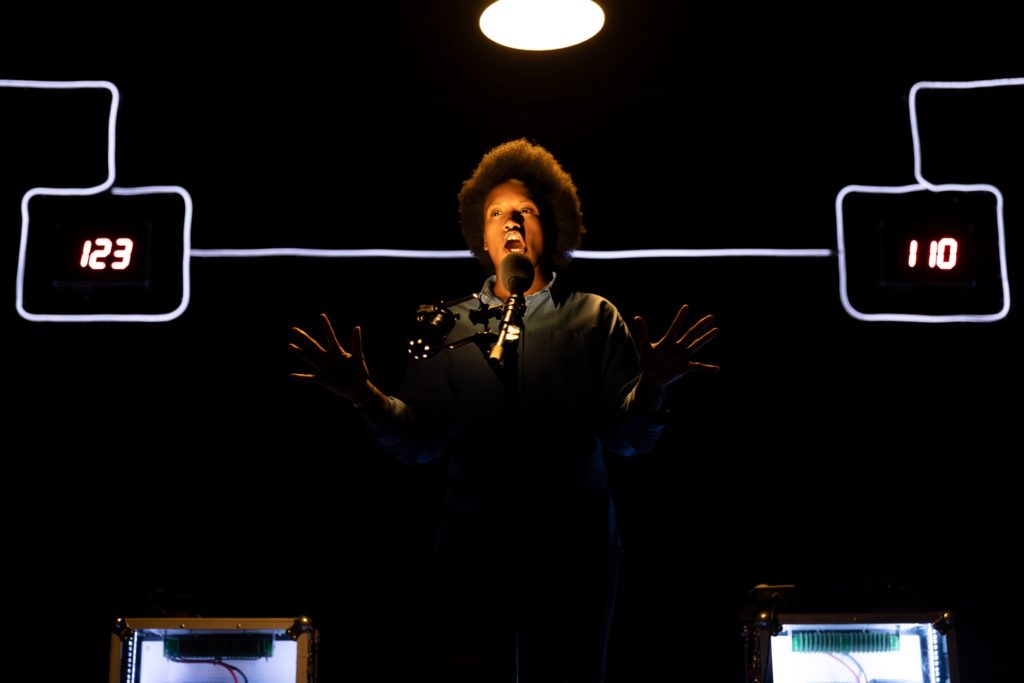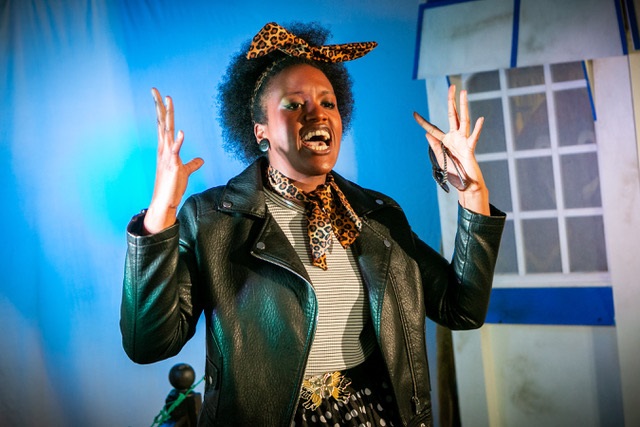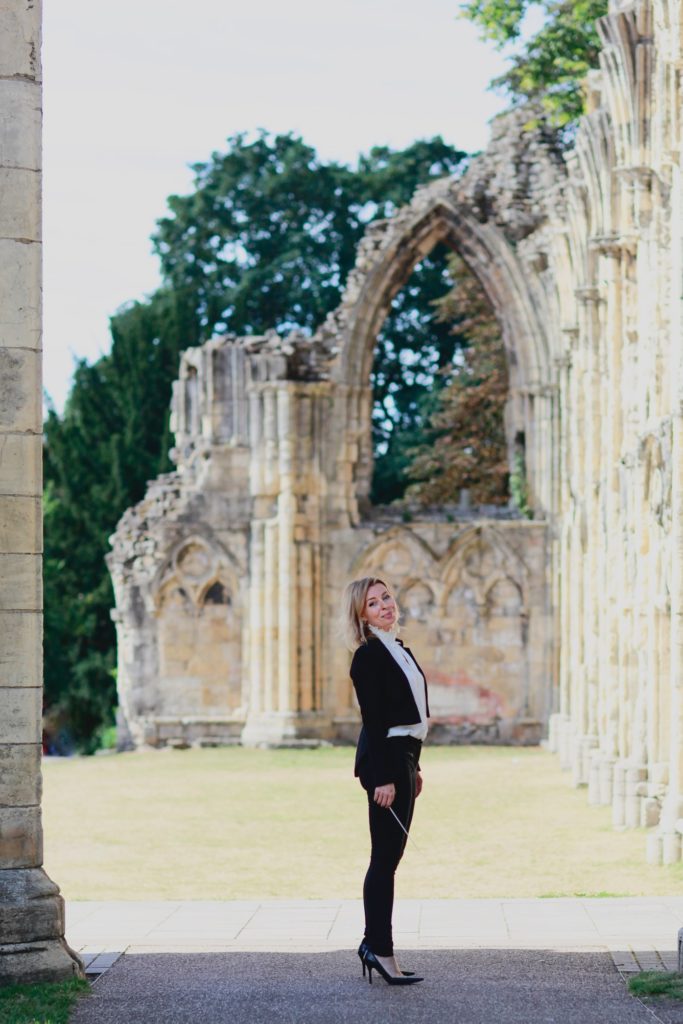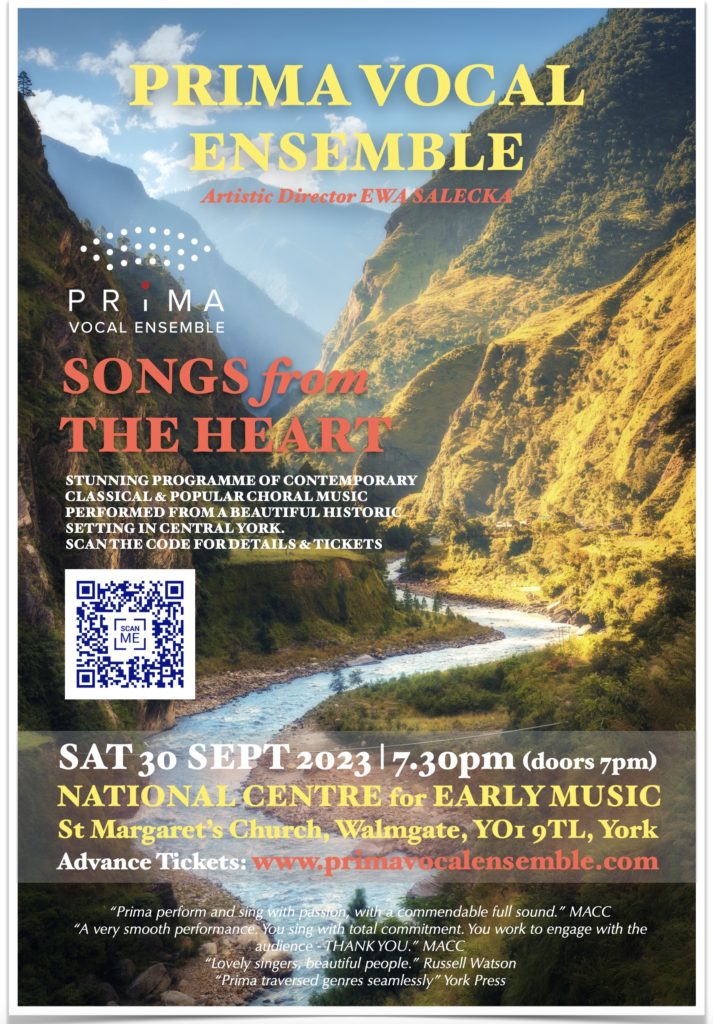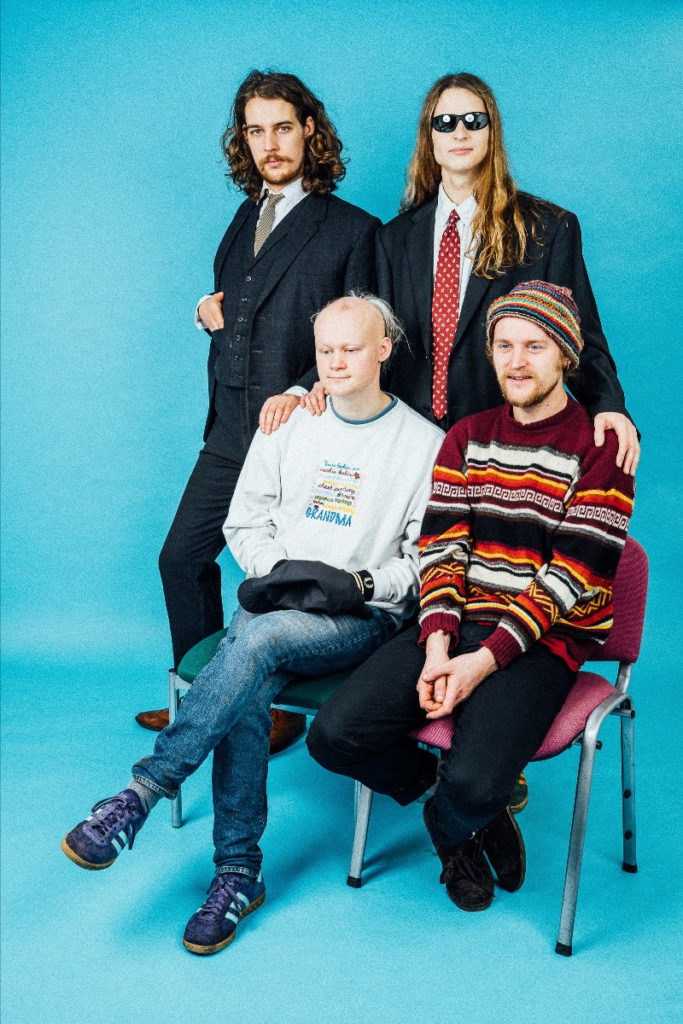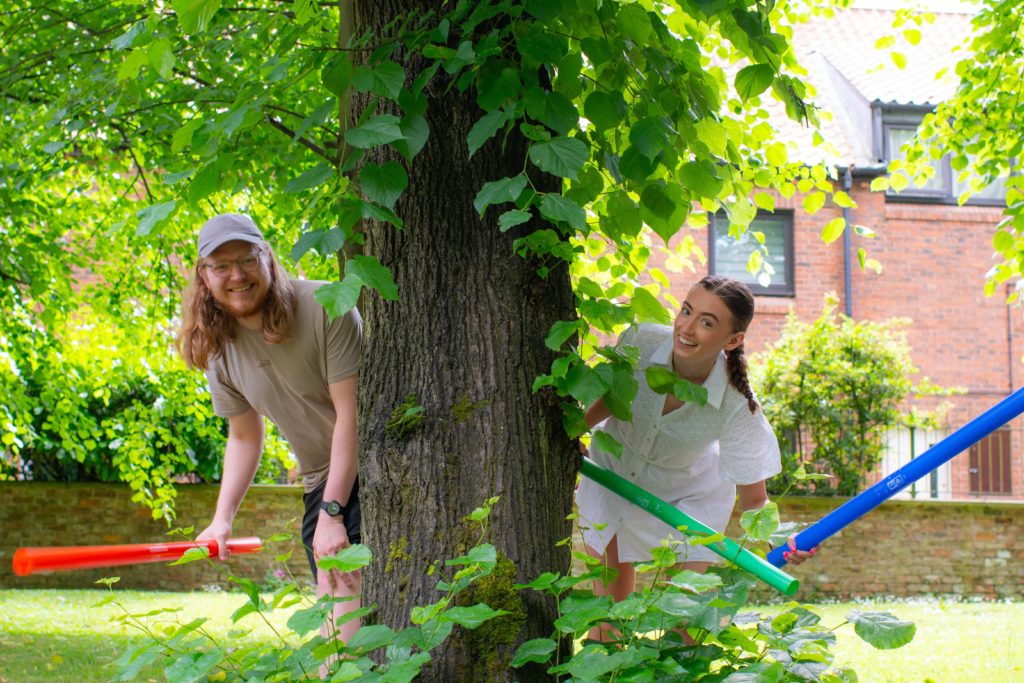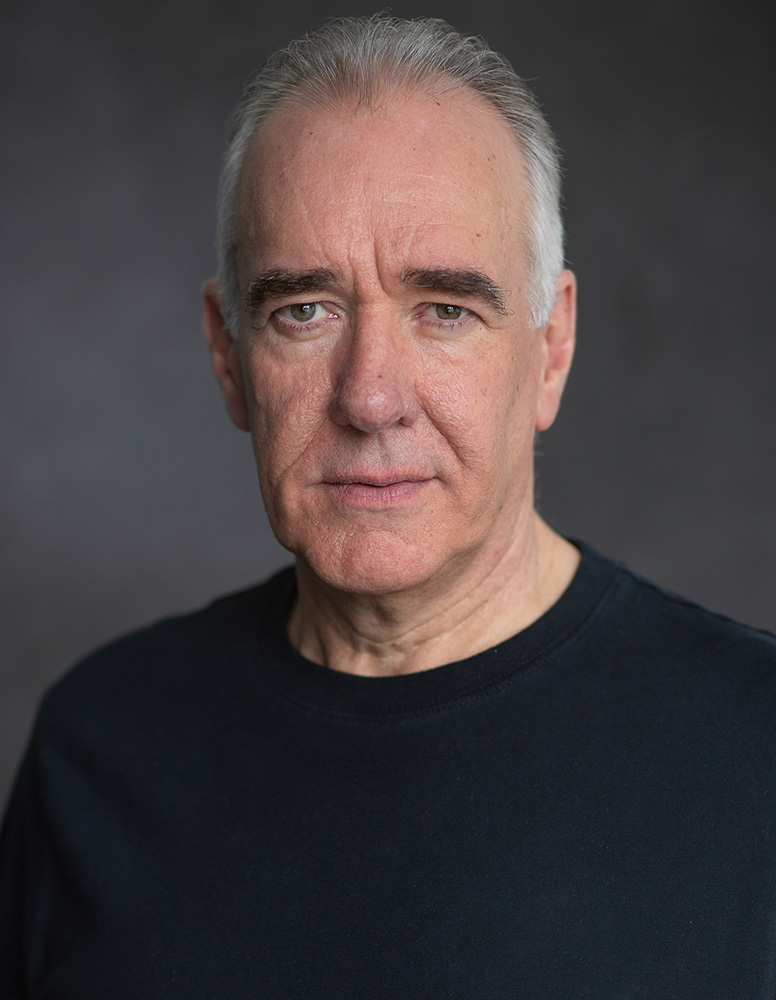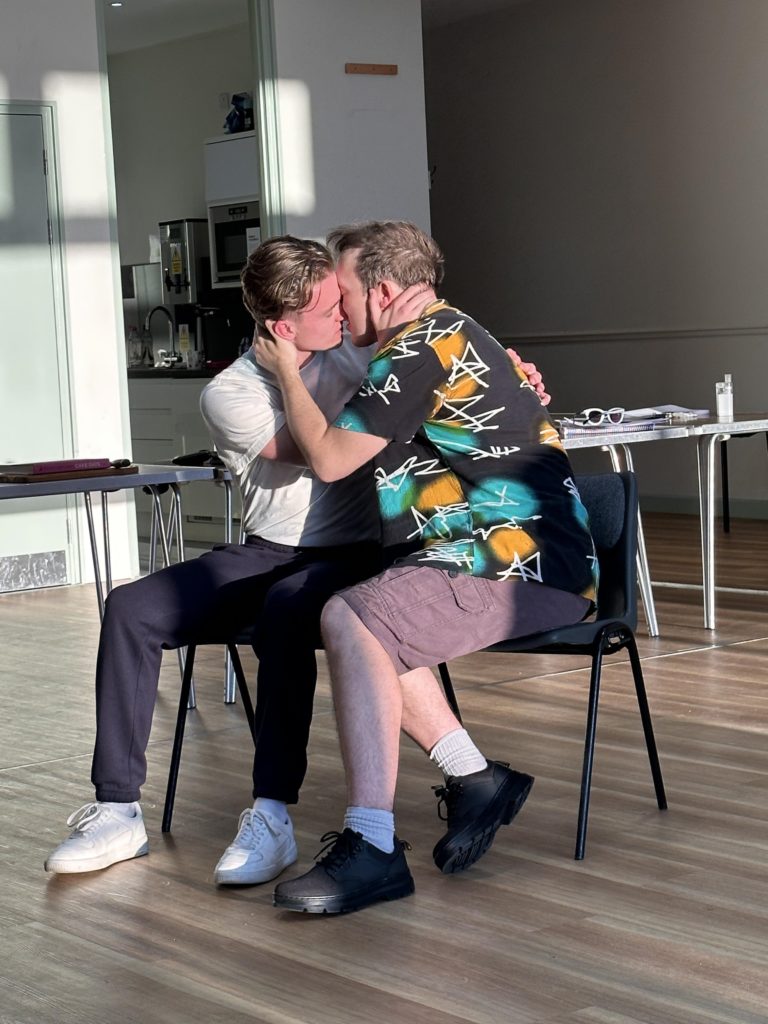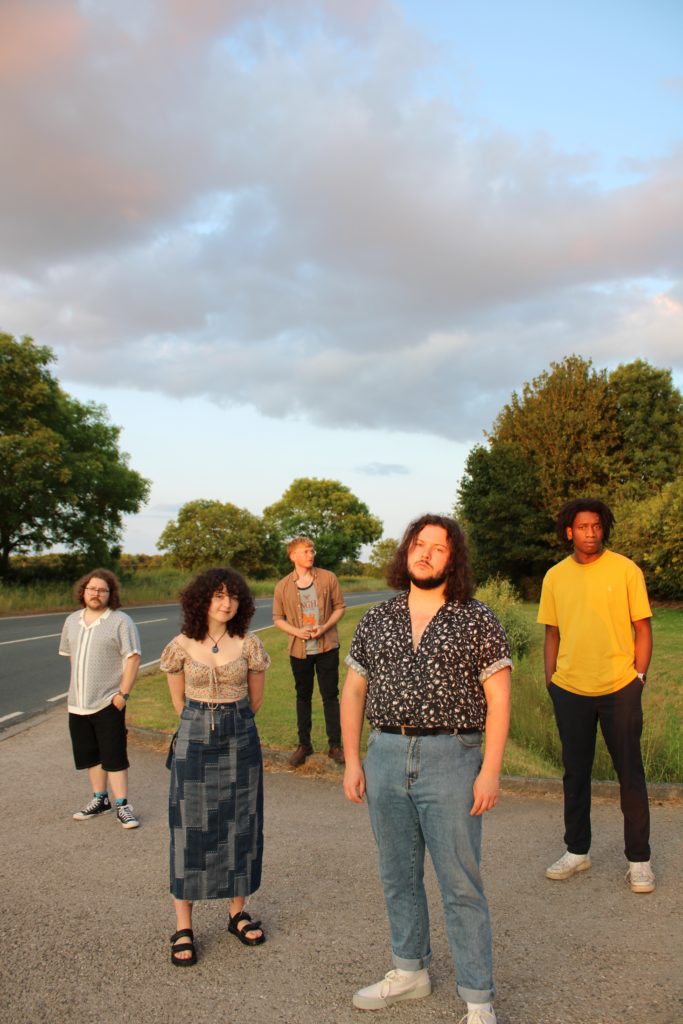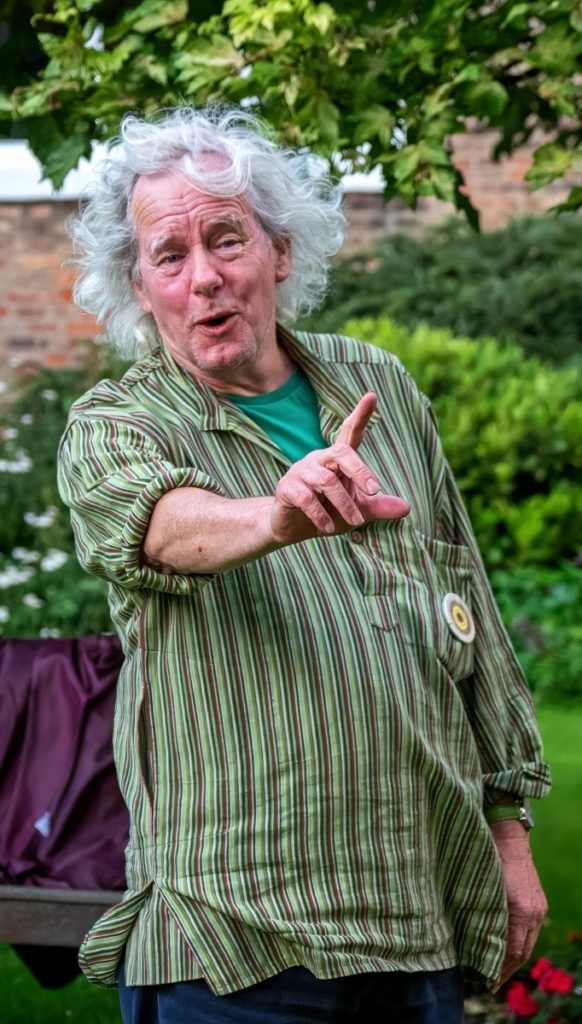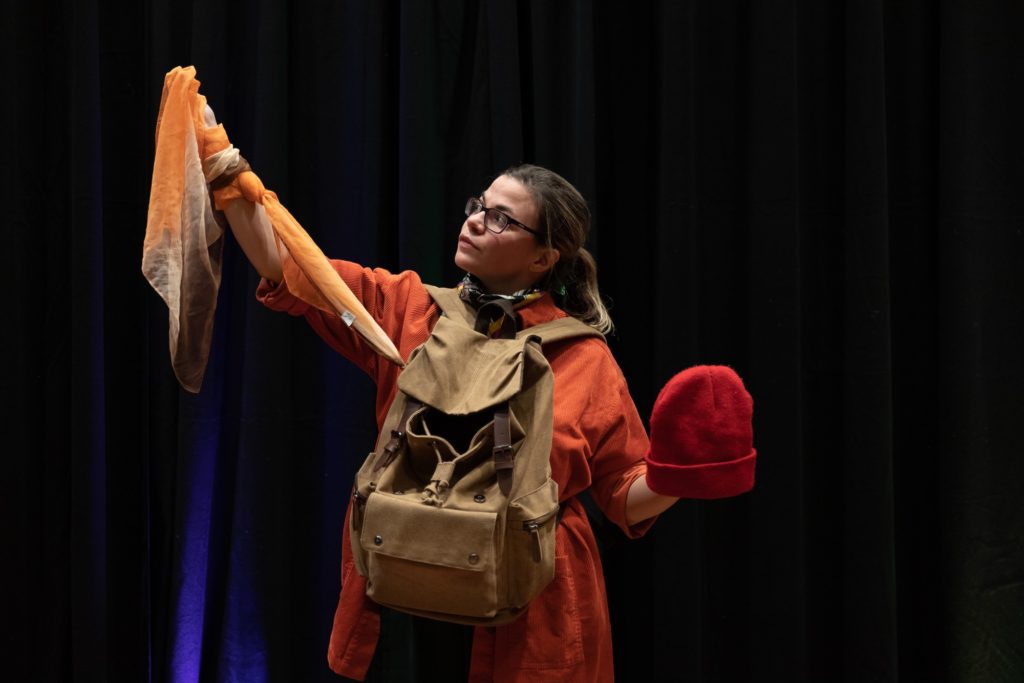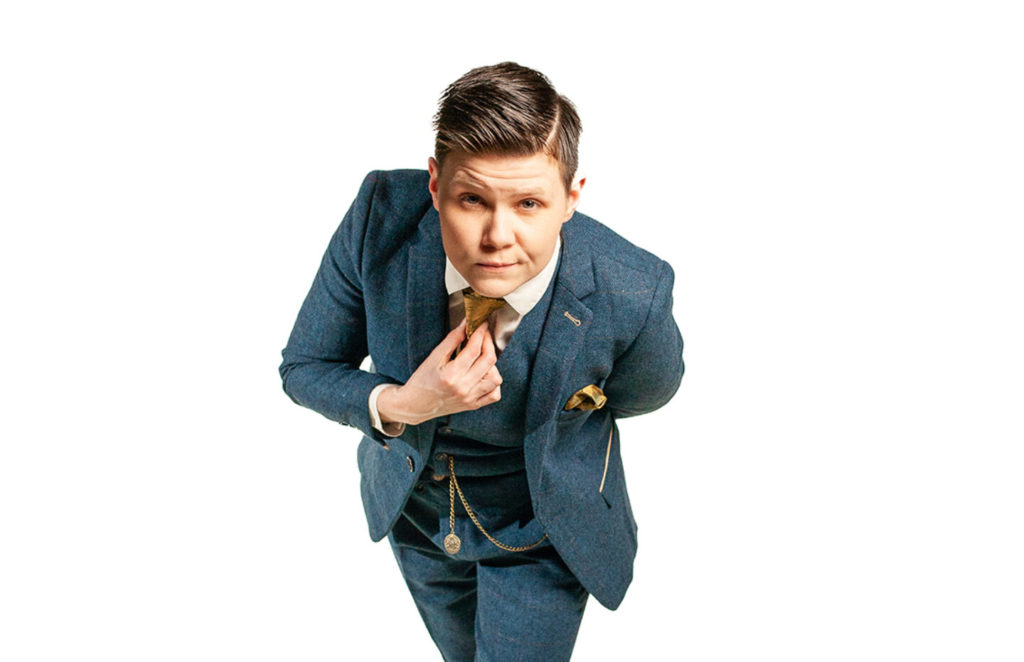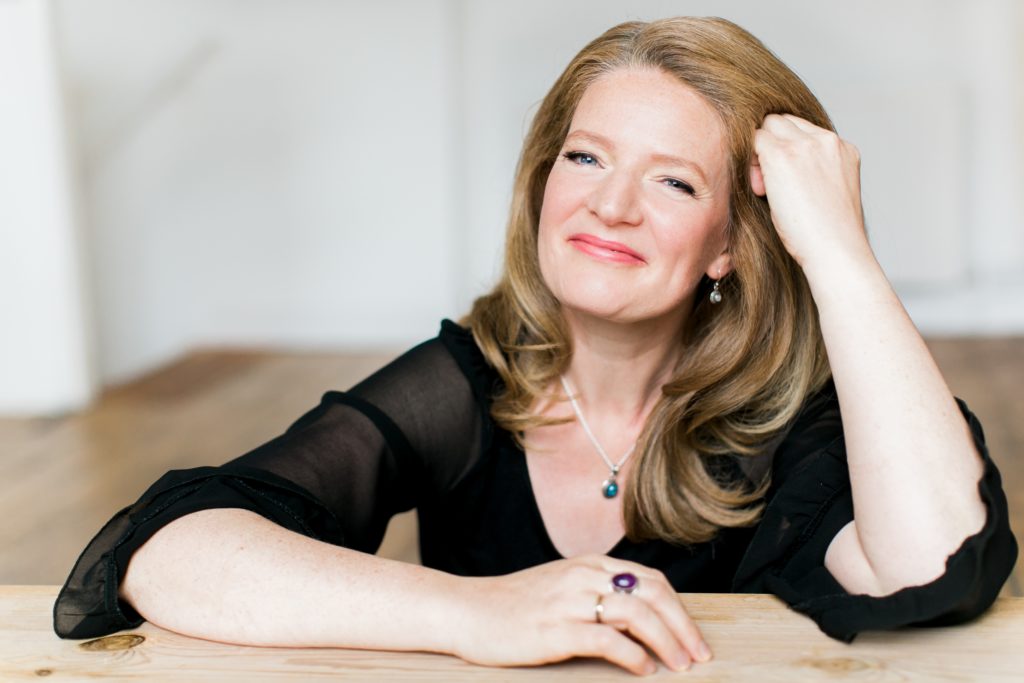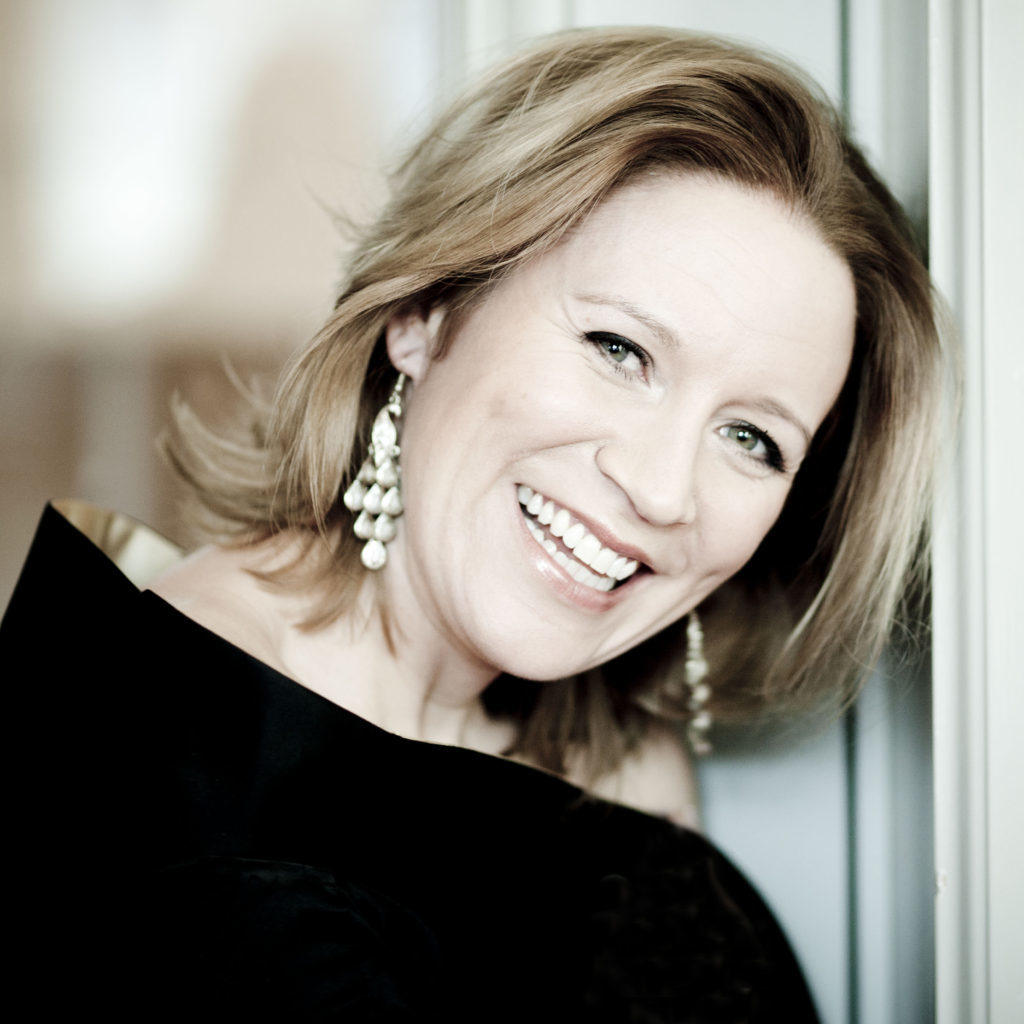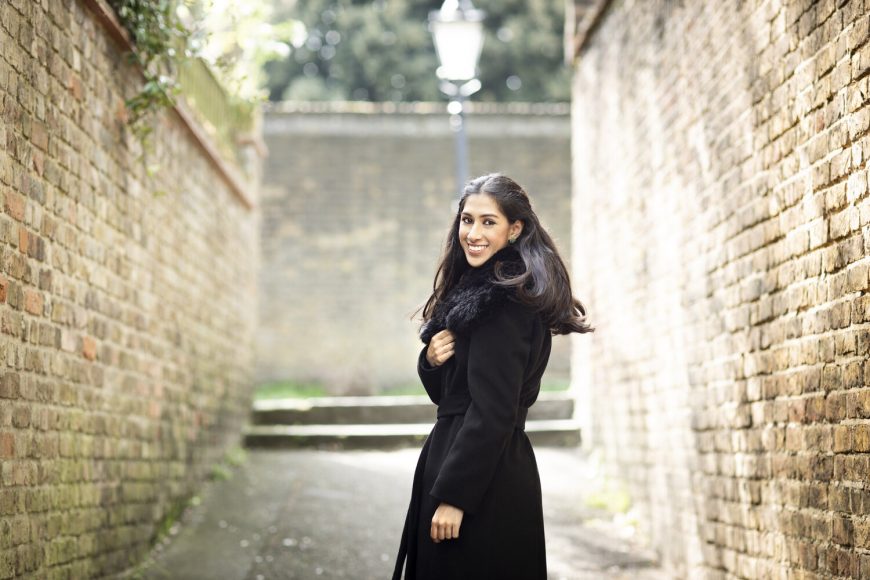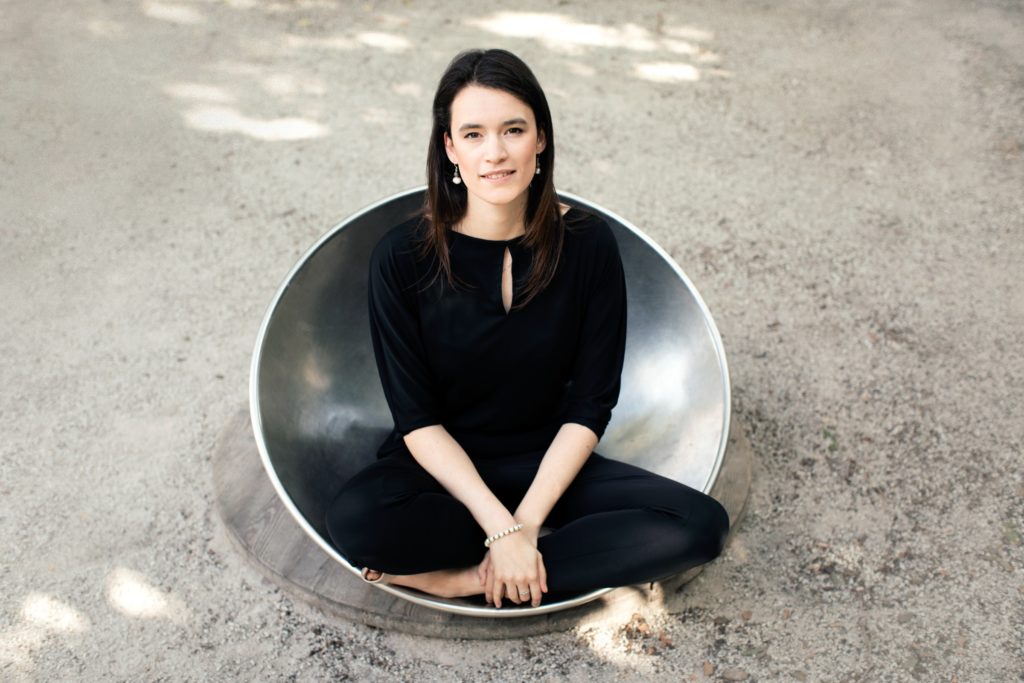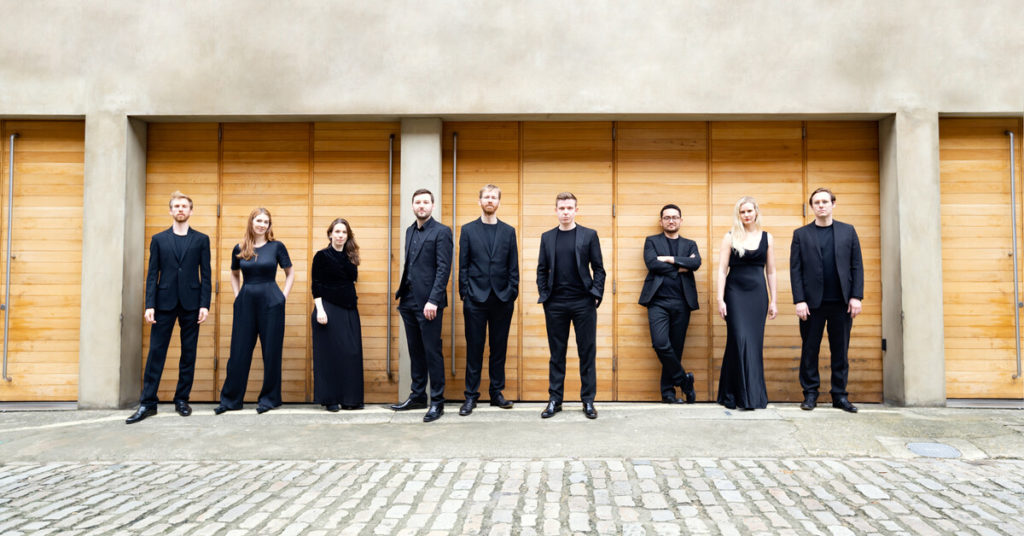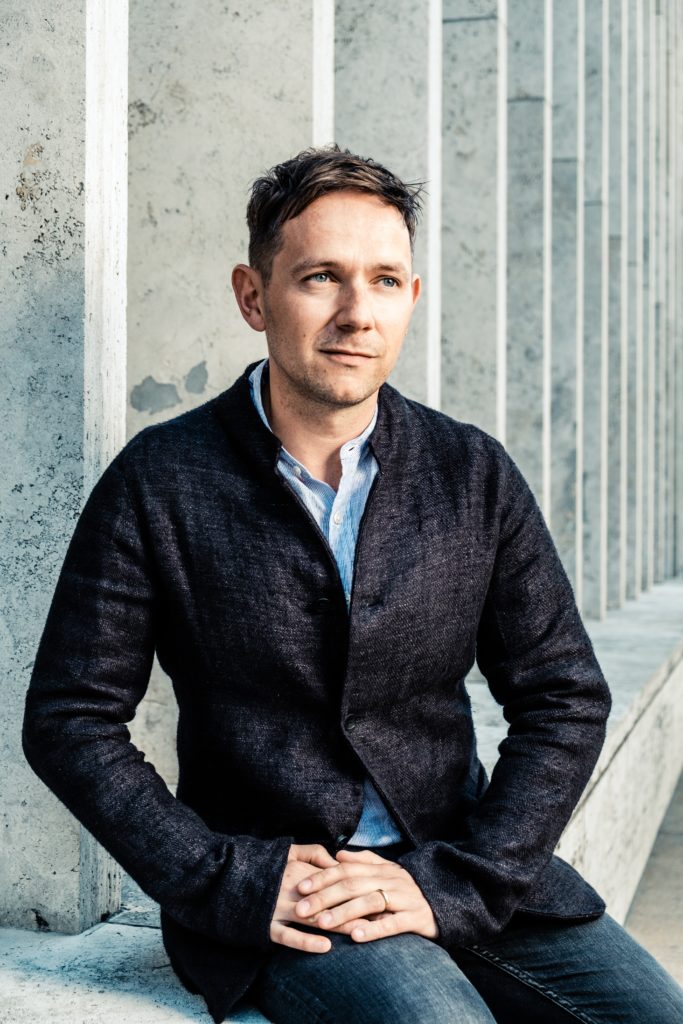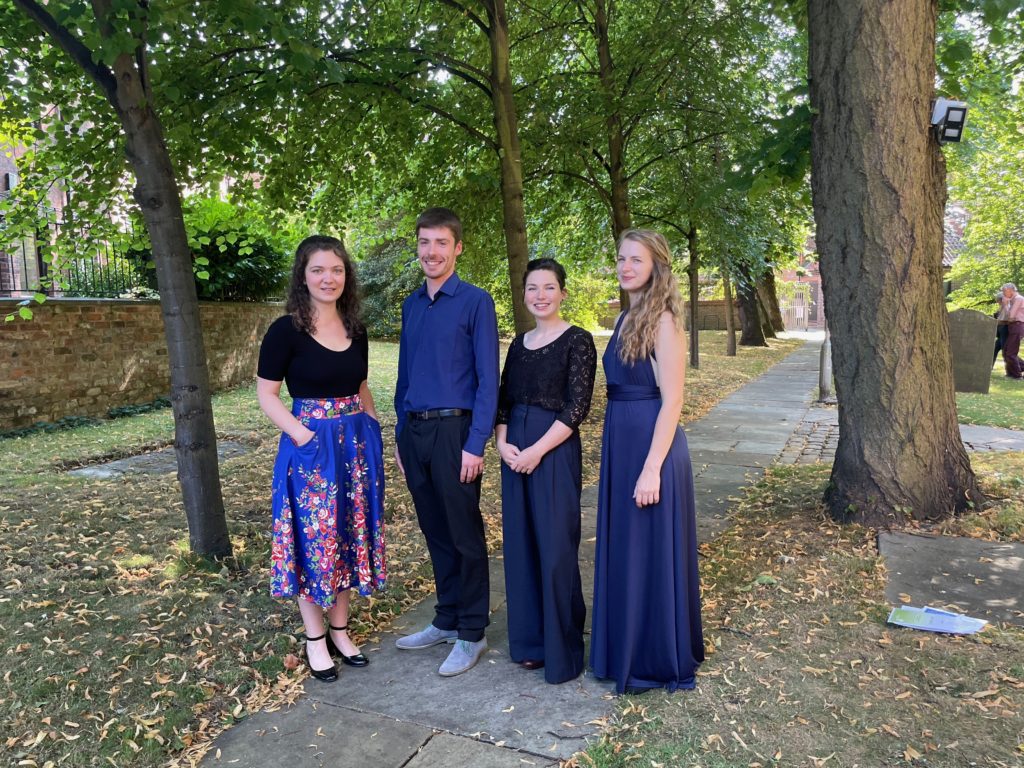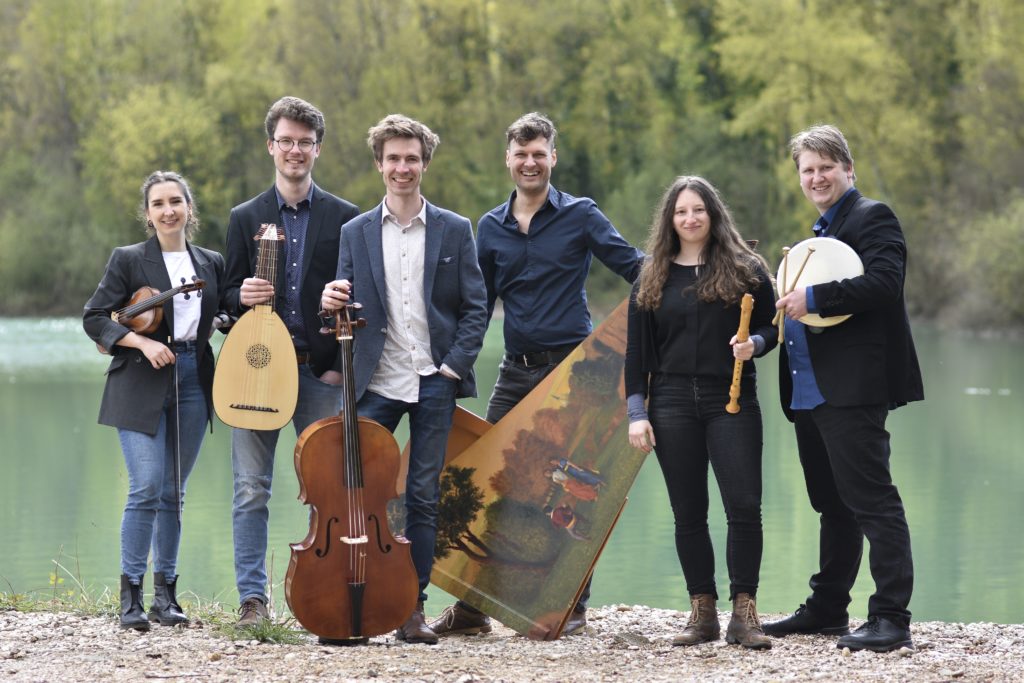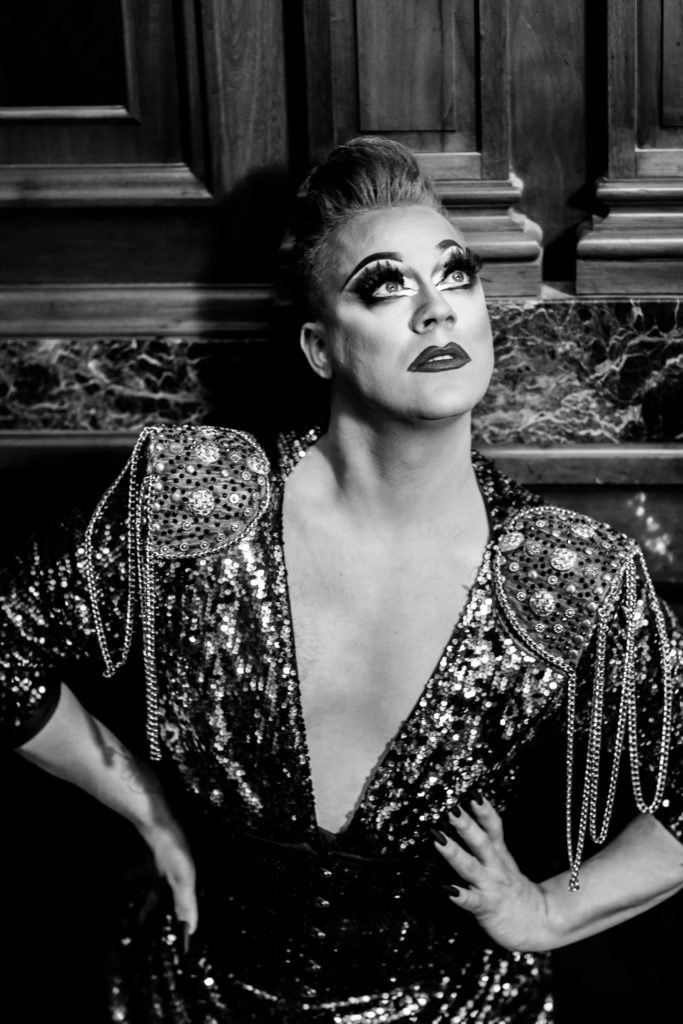
BAVARIAN revelry and riotous Russian politics, Frankenstein in wartime and jazz era Joni, comedy and charity nights entice Charles Hutchinson to do battle with Storm Babet.
Festival of the week: Jamboree Entertainment presents Yorktoberfest, Clocktower Enclosure, York Racecourse, Knavesmire Road, York, today, 1pm to 5pm; Friday, 7pm to 11pm; next Saturday, 1pm to 5pm and 7pm to 11pm
YORKTOBEFEST returns for a third autumn season of beer, bratwurst, bumper cars and all things Bavarian in a giant marquee. Look out for the Bavarian Strollers, with their thigh-slapping oompah tunes and disco classics, and York’s international drag diva Velma Celli with her stellar singing and saucy humour.
Dancing is encouraged, as is the wearing of Lederhosen, Dirndls or any other fancy dress, with nightly competitions and prizes for the best dressed. Box office: ticketsource.co.uk/yorktoberfest.
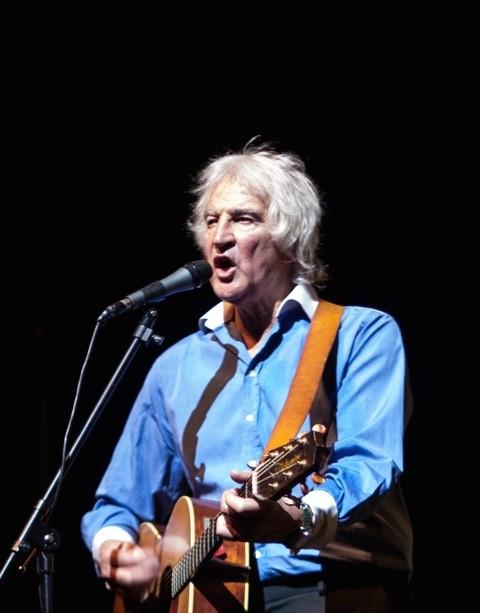
Fundraiser of the week: York Rotary presents A Song For Everyone, Memorial Hall, St Peter’s School, Clifton, York, tonight; doors 7pm, concert 7.30pm to 10.15pm
YORK singer and guitarist Steve Cassidy and his band are joined by guest vocalist Heather Findlay to perform a “huge range of popular hits covering six decades”. Expect rock, ballads and country music. Proceeds from this fundraising concert will go to St Leonard’s Hospice and York Rotary Charity Fund. Box office: yorkrotary.co.uk/a-song-for-everyone or on the door.
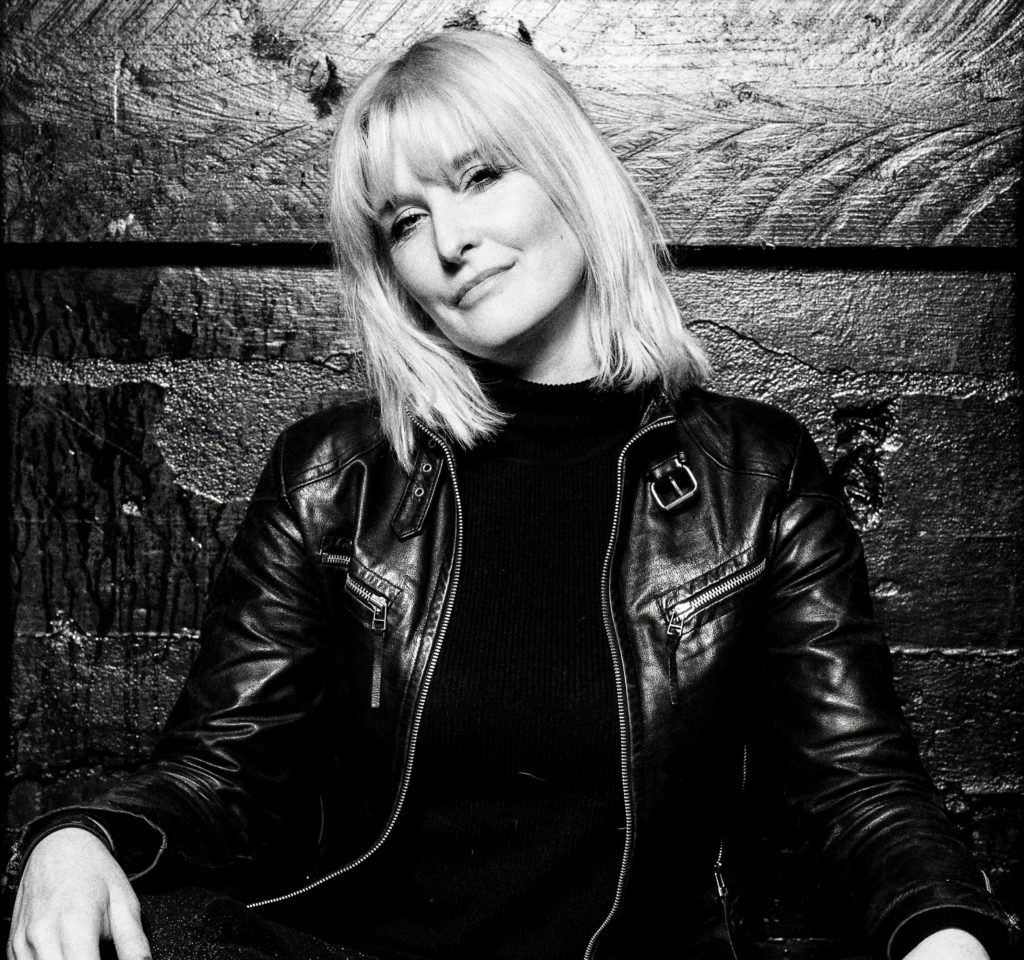
Spooks at Spark: Halloween Makers’ Market, Spark:York, Piccadilly, York, today, 12 noon to 4pm
THE Halloween edition of Spark:York’s Makers’ Market features “spooktacularly” handcrafted work by independent makers. Taking part will be Wistoragic Designs, Enthralled Yet, Gem Belle, A Forest of Shadows, Kim’s Clay Jewellery and the Mimi Shop by Amelia. Entry is free.
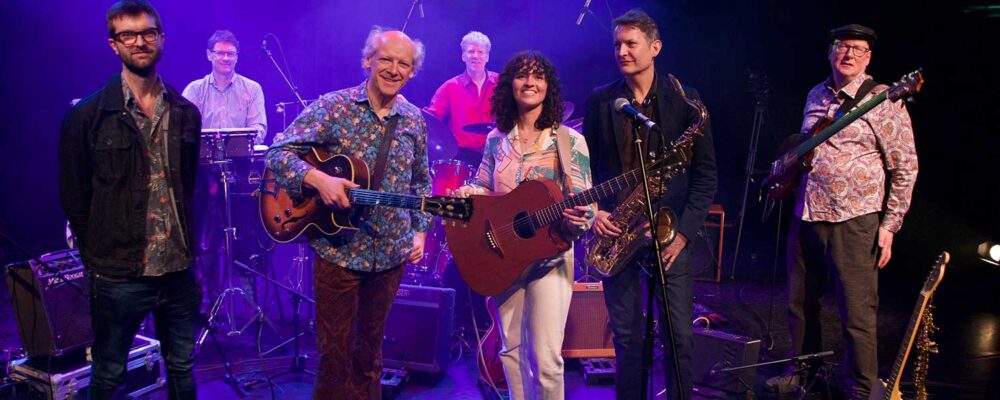
Jazz gig of the week: Hejira: Celebrating Joni Mitchell, National Centre for Early Music, Walmgate, York, tomorrow, 6.30pm
JAZZ seven-piece Hejira honour the works of Canadian-American singer-songwriter, multi-instrumentalist and painter Joni Mitchell, mostly from the late 1970s, in particular Mingus from her “jazz period” and the live album Shadows And Light, recorded in 1979 with a Jazz All Stars line-up featuring saxophonist Michael Brecker and guitarist Pat Metheny.
Hejira is fronted by Hattie Whitehead, who – in her own way – has assimilated the poise, power and beauty of Joni’s vocals and plays guitar with Joni’s stylistic mannerisms. Joining her will be Pete Oxley, guitar; Ollie Weston, saxophones; Chris Eldred, piano and keyboards; Dave Jones, electric basses; Rick Finlay, drums, and Marc Cecil, percussion. Box office: 01904 658338 or ncem.co.uk.
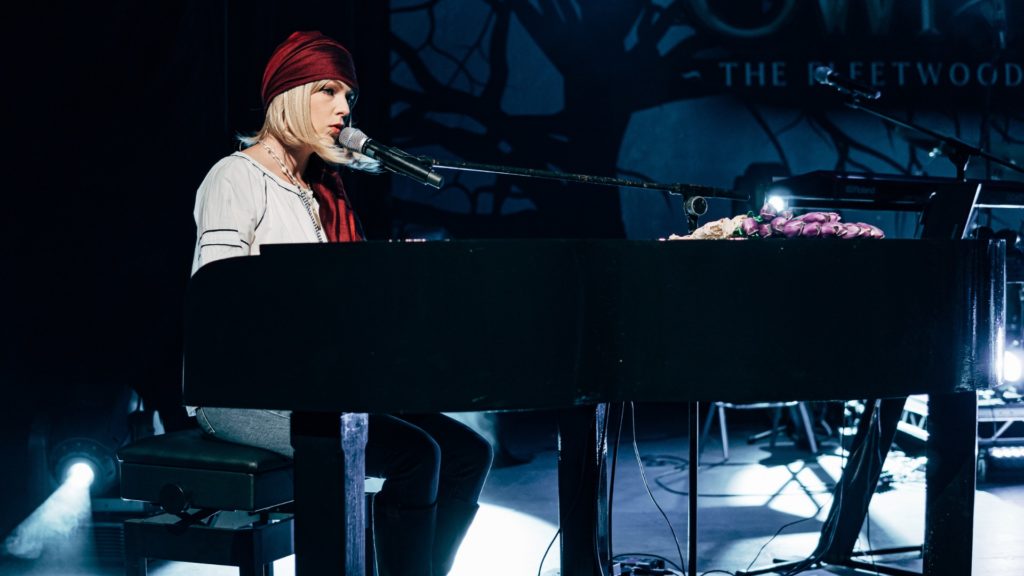
Tribute show of the week: Go Your Own Way – The Fleetwood Mac Legacy, Grand Opera House, tomorrow, 7.30pm
GO Your Own Way celebrates the Fleetwood Mac era of Rumours and that 1977 line-up of Stevie Nicks, Lindsey Buckingham, John McVie, Christine McVie and Mick Fleetwood in this new tribute show. Dreams, Don’t Stop Rhiannon, Gold Dust Woman, Everywhere, Little Lies and Big Love all feature. Box office: atgtickets.com/york.
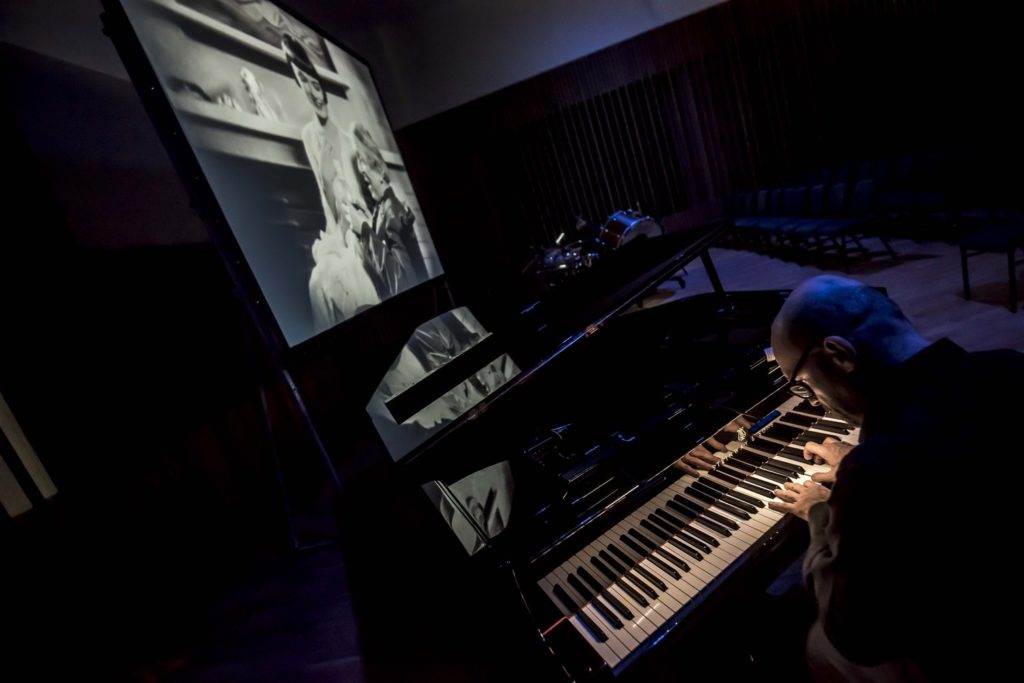
Film screening of the week: Northern Silents Film Festival presents The Great Train Robbery (1903) and The General (1926), National Centre for Early Music, York, Monday, 7.30pm
NORTHERN Silents artistic director and pianist Jonny Best brings musical commentary to a pair of silent cinema’s most famous railway chase films.
The 12-minute escapade The Great Train Robbery still packs a punch after 120 years, while Buster Keaton’s greatest achievement, the 80-minute The General, is both a brlliantly staged American Civil War epic and a comedy-thriller packed with visual humour, daring stunts and dramatic tension.
Keaton plays railroad engineer Johnny Gray, whose beloved locomotive, The General, is stolen by Yankees, stirring him to strive to get it back against the odds. Box office: 01904 658338 or ncem.co.uk.
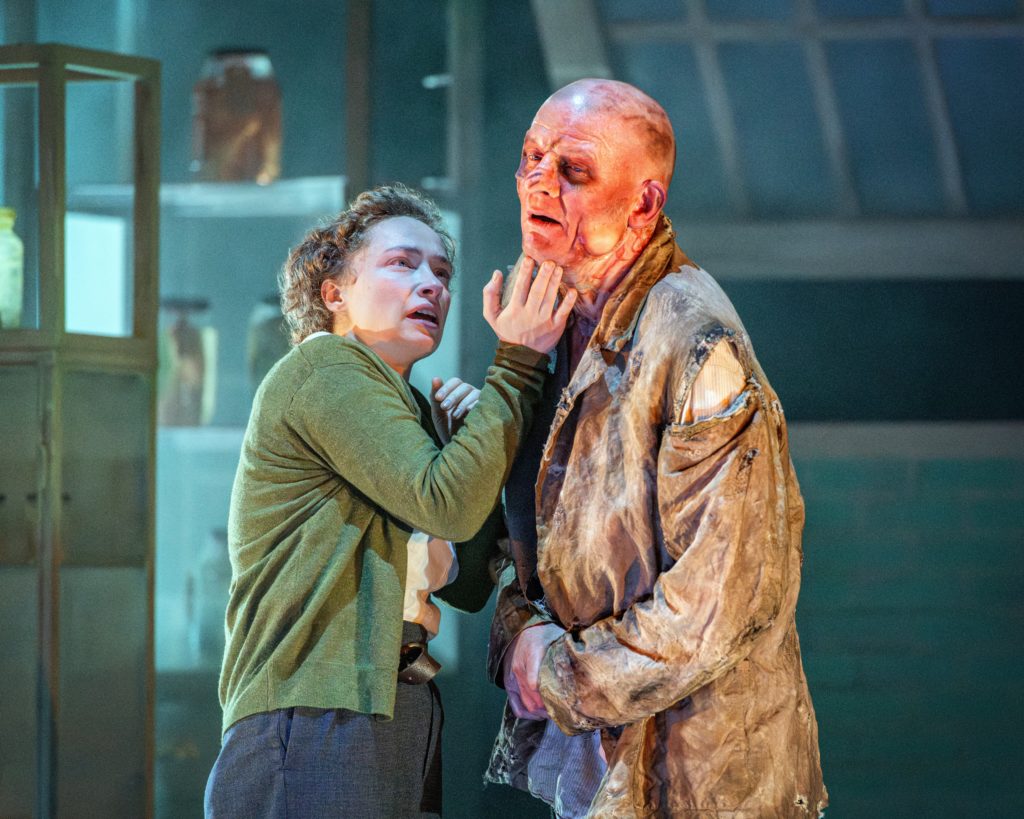
One for the Halloween season: Tilted Wig in Frankenstein, York Theatre Royal, Tuesday to Saturday; 7.30pm October 24 and 26 to 28; 2pm, October 25 and 26; 2.30pm, October 28
TILTED Wig’s Frankenstein is an electrifying reimagining of Mary Shelley’s Gothic 19th century horror story, now set in 1943. While Europe tears itself apart, two women hide from their past at what feels like the very end of the world. One of them has a terrifying story to tell.
Adapted and directed by Sean Aydon, this new thriller explores the very fabric of what makes us human and the ultimate cost of chasing “perfection” with a cast featuring Eleanor McLoughlin as Doctor Victoria Frankenstein, Basienka Blake as Captain/Richter and Cameron Robertson as The Creature. Box office: 01904 623568 or yorktheatreroyal.co.uk.

Comedy bill of the week: Burning Duck Comedy Club presents Tom Lawrinson & Friends, Spark:York, Piccadilly, York, Tuesday, 7.30pm
AFTER Tom Lawrinson and Eryn Tett starred in Burning Duck’s inaugural Spark Comedy Fringe, promoter Al Greaves has invited them back to spark more laughs.
Absurdist alternative comedian Tett opens the show; Lawrinson, who made his Edinburgh Fringe debut with Hubba Hubba, is the headline act. In between come two shorter spots (wait and see who those “friends” will be), with guest host MC Mandy McCarthy holding everything together. Box office: burningduckcomedy.com.

A word or two on women: Burning Duck Comedy Club presents Helen Bauer: Grand Supreme Darling Princess, The Crescent, York, Thursday, 7.30pm; Hyde Park Book Club, Headingley, Leeds, Friday, 8pm
HELEN Bauer, Edinburgh Comedy Award Best Newcomer nominee, Late Night Mash star and Trusty Dogs podcaster, heads to York and Leeds with a show about the women in her life, from her mother to her best friend and that one girl who was mean in 2008. Oh, and Disney princesses, obviously. Box office: York, wegottickets.com/event/581816; Leeds, wegottickets.com/event/581817.

Spotted in the distance: 101 Dalmatians The Musical, Grand Opera House, York, November 5 to 9 2024, not 2023
A NEW musical tour of Dodie Smith’s canine caper 101 Dalmatians will arrive in York next autumn. Written by Douglas Hodge (music and lyrics) and Johnny McKnight (book), from a stage adaptation by Zinnie Harris, the show is reimagined from the 2022 production at Regent’s Park Open Air Theatre, London. The cast and creative team are yet to be announced.
When fashionista Cruella de Vil plots to swipe all the Dalmatian puppies in town to create her fabulous new fur coat, trouble lies ahead for Pongo and Perdi and their litter of tail-wagging young pups. Smith’s story will be brought to stage life with puppetry, choreography, humorous songs and, yes, puppies. Box office: atgtickets.com/york.
In Focus: Political drama of the week: York Settlement Community Players in Government Inspector
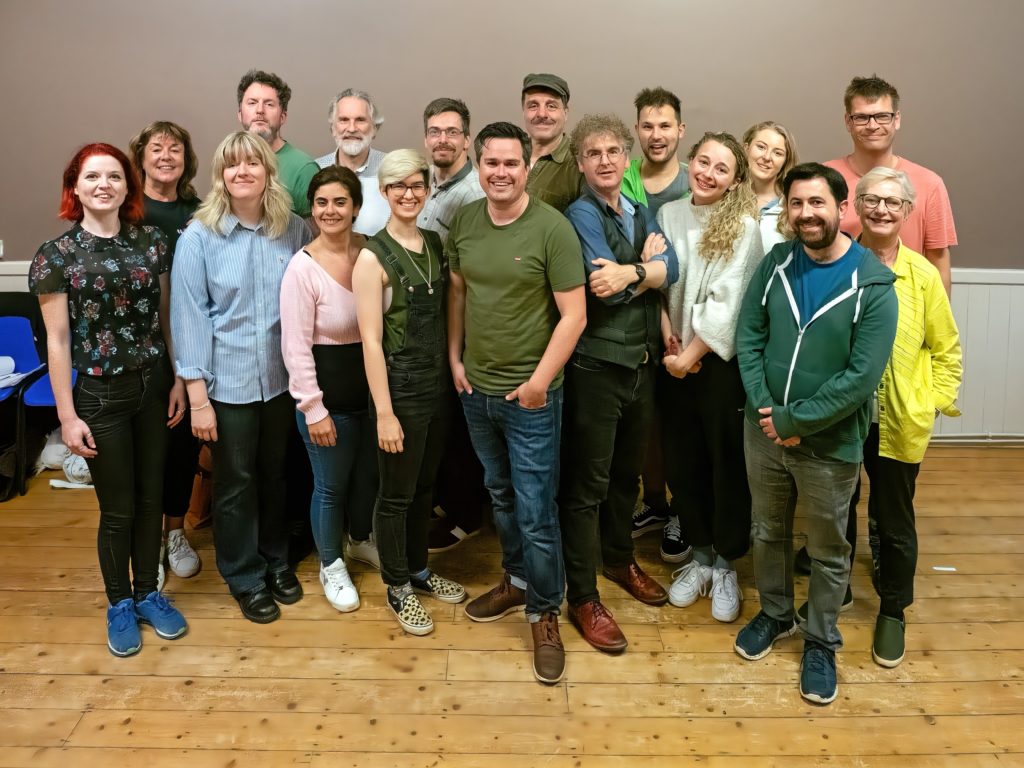
IN his first time in the director’s seat for 15 years, Theatre@41 chair and actor Alan Park directs the Settlement Players in David Harrower’s adaptation of Nikolai Gogol’s Russian satirical exposé of hypocrisy and corruption in high places, prompted by a simple case of mistaken identity.
Park’s ensemble cast of eccentrics will undertake a fun, chaotic journey through 1980s’ Soviet Russia. “Communism is collapsing, it’s every man, woman and dog for themselves. What could possibly go wrong?” he asks, as the bureaucrats of a small Russian town are sent into a panic by news of the government inspector’s imminent arrival.
Harrower’s version premiered at the Warwick Arts Centre in May 2011 and transferred to the Young Vic, London, later that year. Now it provides “the perfect platform for Settlement Players’ hugely talented ensemble”, led by Mike Hickman as the town’s Major.
Andrew Roberts plays Khlestakov, accompanied by Paul French as his long-suffering servant, Osip. YSCP regulars combine with newcomers in Park’s company of Alison Taylor as the Major’s wife; Pearl Mollison, the Major’s daughter; Katie Leckey, Dobchinsky; Sonia Di Lorenzo, Bobchinksy; Maggie Smales, the Judge; Matt Pattison, Postmaster; Mark Simmonds, Head of Hospitals; Paul Osborne, School Superintendent; Adam Sowter, Police Superintendent; Florence Poskitt, Mishka, and Alexandra Mather, Dr Gibner.
Jim Paterson will lead a live band, made up of cast members, such as Pattison and Sowter, to help transport next week’s audiences to a 1980s’ provincial Soviet town full of eccentric personalities. Theatre@41, Monkgate, York, Tuesday to Saturday, 7.30pm and 2.30pm Saturday matinee. Box office: tickets.41monkgate.co.uk

